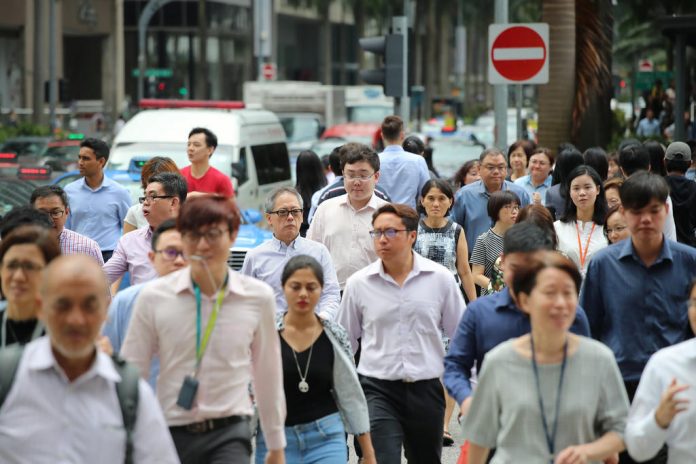Many Malaysians have been seeking better job opportunities in Singapore in recent years in hopes of bolstering their retirement savings. The number of job applications from Malaysians in Singapore during the December 2023–January 2024 period has doubled compared to the same period in 2022–2023, AsiaOne reported, citing recruitment agency ManpowerGroup Singapore’s country manager Linda Teo.
Data from Cultivar Staffing & Search, another recruitment firm, indicated that job postings in the first quarter of 2024 received up to 30% more Malaysian applicants compared to the same period last year. Of the 1.86 million Malaysians that had migrated abroad as of 2022, some 1.13 million settled in the city-state, Singapore news magazine TODAY quoted V. Sivakumar, Malaysia’s former human resources minister, as saying.
One reason for Malaysians to build their funds in Singapore is the latter’s better retirement system. American consulting firm Mercer placed Singapore’s retirement system at the fifth spot globally while Malaysia ranked 32nd in the Mercer CFA Institute Global Pension Index, which evaluates and compares 48 retirement income systems around the world based on adequacy, sustainability and integrity.
Both systems, the city-state’s Central Provident Fund (CPF) and Malaysia’s Employees’ Provident Fund (EPF), offer interest rates exceeding 2%, surpassing the rates provided by basic savings accounts in each country. But a recent report by Khazanah Research Institute, a nonprofit in Malaysia, found that more than 90% of EPF members under 30 lack sufficient savings to achieve the basic retirement target of 240,000 ringgit by retirement. Only 10% of members aged 30 to 54 have met this target, The Straits Times reported.
Besides, other factors drawing Malaysians to Singapore include a strong economy, higher salaries and better job opportunities and working environment, according to recruiters. A 2022 Malaysian government study found that two-thirds of Malaysians residing and working in Singapore earn a gross monthly salary of S$1,500-3,599 while 20% make S$3,600-$9,999.
Meanwhile, 65% of workers in Malaysia earn RM3,850-9,890 monthly and 20% make RM3,850 or less, according to a survey by salary comparison website Salary Explorer. The earning power of the majority of Malaysia’s workforce has been diminished by slow wage growth, which has been unable to keep pace with the rising cost of living, according to The Star. Consequently, Malaysia has some of the lowest household savings for low and semi-skilled workers, the World Bank said.
Malaysians may seek employment abroad to save for retirement due to various factors, according to Chen Rupeng, Mercer’s Head of Retirement for Asia. It is “a strategic move in enhancing their retirement readiness,” she added.





















